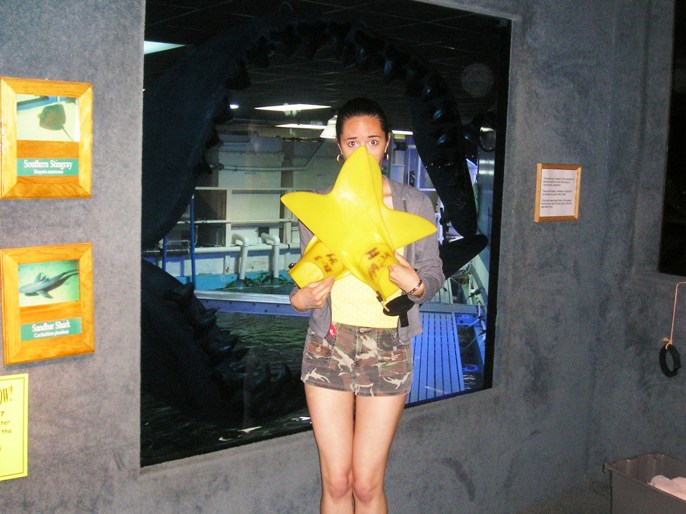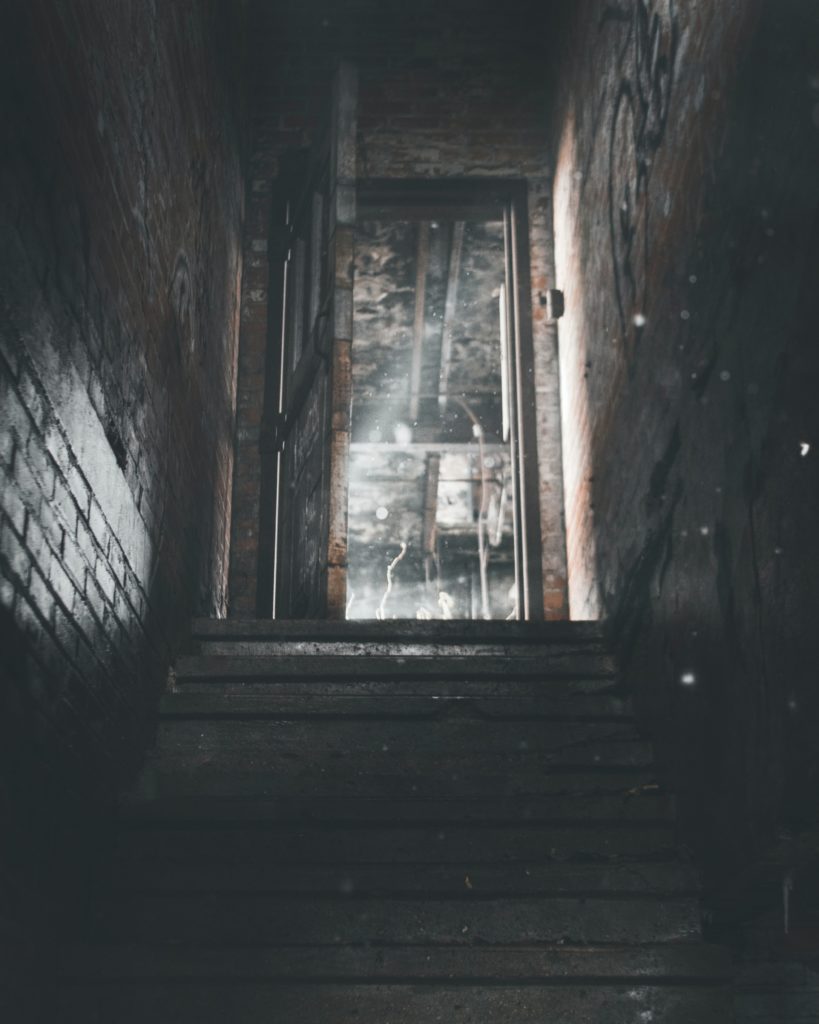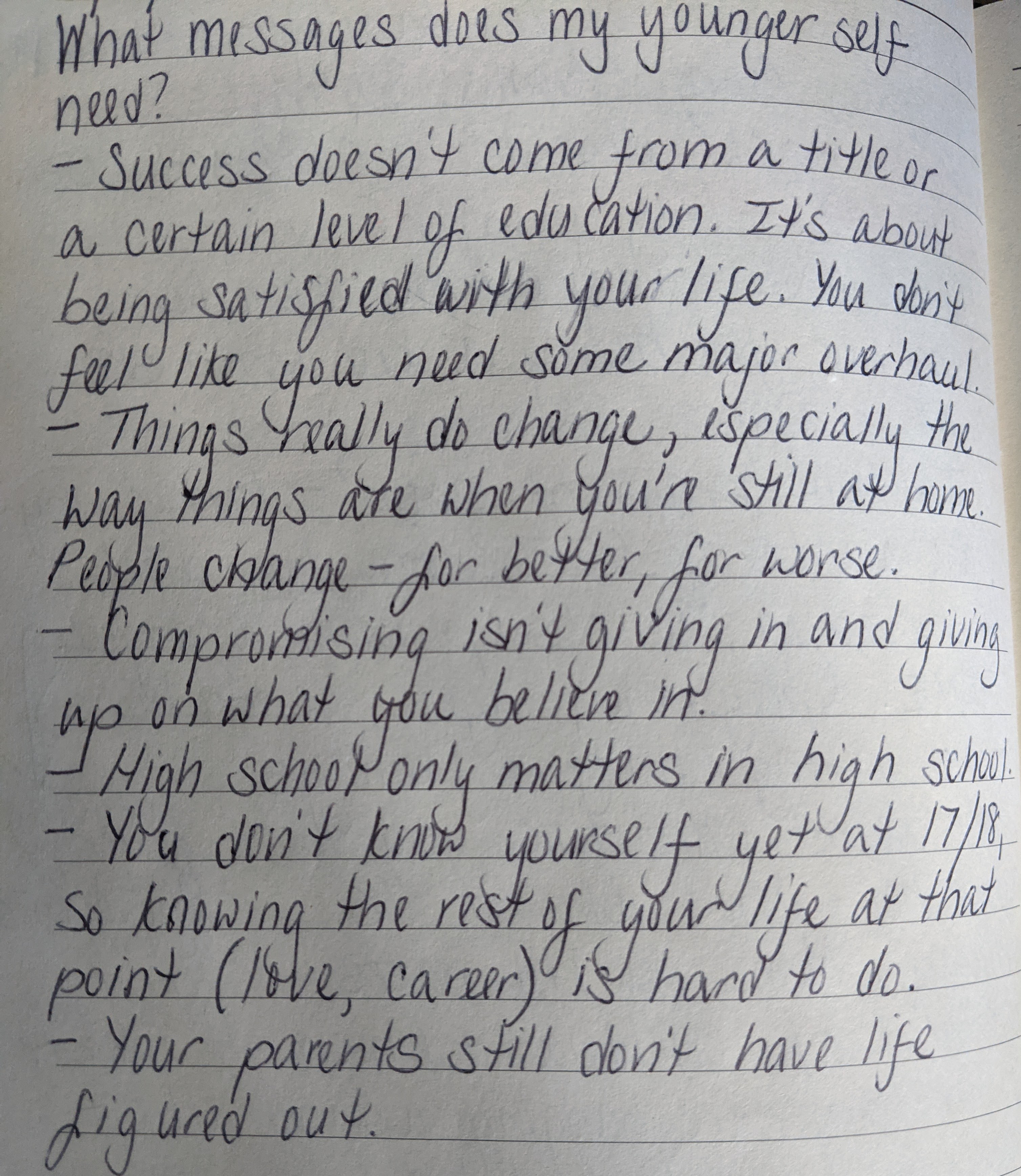Because it’s wedding season, I planned to write about personal timelines this month. But life (read: an email) brought a different kind of timeline into my focus—the life I’ve lived since my life changed.
The Pivotal Moment
It’s weird to think my life “changed” before it really got started. After all, at 17, you’re at the beginning. You finally start seeing who you are and can be, and you choose an initial direction for your adult life. My initial direction felt forced, the epilogue of something else, instead of a stepping stone to wider opportunities.

Now, I understand my teenage journey makes sense. I wasn’t set up for the clear-cut, input-output, let’s-impress-everybody path. That’s not me. Even without the drama of my then “double life,” something would’ve pulled me away from the path assumed from my GPA.
My Inner Child—and Shadow Self
It took me a long time to get over what happened when I was 17. During the early aftermath, I was obsessed, a mess of sadness, paranoia, and confused nostalgia. With time, the obsession subsided, but the thoughts were still a continuous background buzz. I was mostly successful at tuning them out (like my tinnitus), but sometimes, I couldn’t help myself.
That’s how it is when you’re not healed.
So, I developed a hang-up with my inner 17-year-old—who, now, is a whole 17 years younger than me. My first large writing project, which I set aside, was a way to heal her, and a lot of the work I’ve done (creatively and professionally) targets the things 17-Year-Old Me needed. Needs.
17-Year-Old Me is my true inner child and my Shadow.

I first explored my “Shadow Self” during a guided meditation for the spring equinox. Inspired by the story of Persephone, I was prompted to envision a door leading to a lower space. I imagined walking into a dark, undefined, Gaiman-esque under-level—mostly black except for a few patches of blue-gray. When I was told to meet my Shadow Self, I saw a teen. She stood still, arms crossed, feigning confidence, but her entire form jittered. It reminded me of the early episodes of Home Movies.
I could tell this Shadow Self wasn’t happy, and she wasn’t too happy about me, either. I didn’t trust myself.
Writing for the Teen
Because I wasn’t getting the full support I needed in my real life (which was partly my fault), I gave my inner teen support through the conflict and resolution of fictional characters. I wrote. I wrote as a fictional version of myself. I wrote from the point of view of people I was trying to understand—or wished I had in my life. I even used my real life “villain” to mold aspects of one of my beloved main characters. Fiction helped me express the truth I wouldn’t admit anywhere else.
Fiction helped me heal.
Because I spent so many years of my adult life nurturing that inner 17-year-old, I have a soft spot for recognizing the challenges of late adolescence (which, scientifically, lasts into the 20s). I’m not looking to change my life, but I do want to be the voice I couldn’t find when I was younger.
There’s no guarantee my words will do something, but at least, I want teens to feel seen.
YA novel in the works
For most of the past 17 years, I thought of myself as an adult writer (specifically, adult horror). I have a good adult voice, but recently, I found comfort with a young adult (YA) voice. And—not surprisingly—that voice comes from a 17-year-old narrator.
I found promise in a YA speculative fiction concept. This isn’t a story “about me,” but it is a story I would’ve needed to read.
Things my teenage self needs to be told

As I’m working on character and plot for my novel, I’m also noting messages. They’re not necessarily THE MESSAGE of the story, but they’re things I think a teen (like my inner teen) would need someone to tell them.
And they’re different than the messages I wove into my writing as a 20-something.
I know I’m not done learning, and there’s always room for empowerment after healing. I hope that working on my current project continues to support me as I create an entertaining way to support and encourage others.
Can you pinpoint the age of your inner child or shadow self? If you’ve had a significant life event, how has it influenced your creative and professional work?